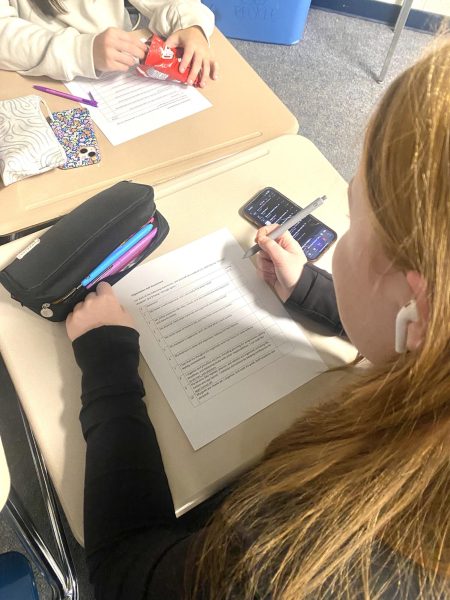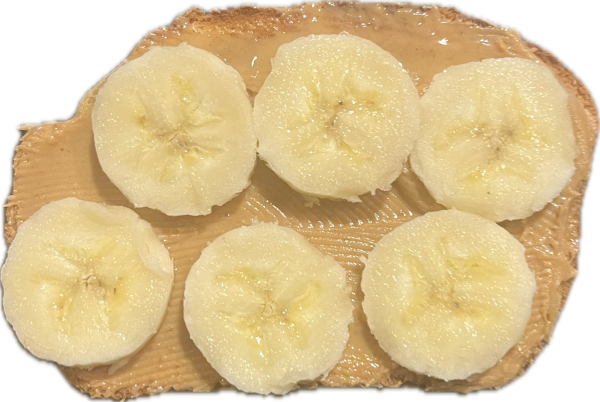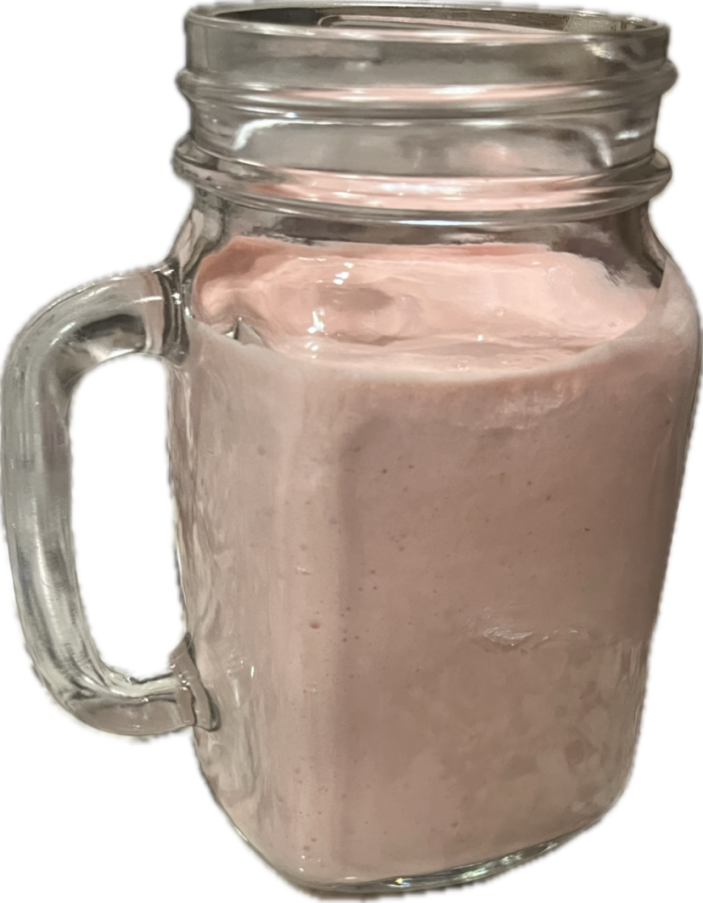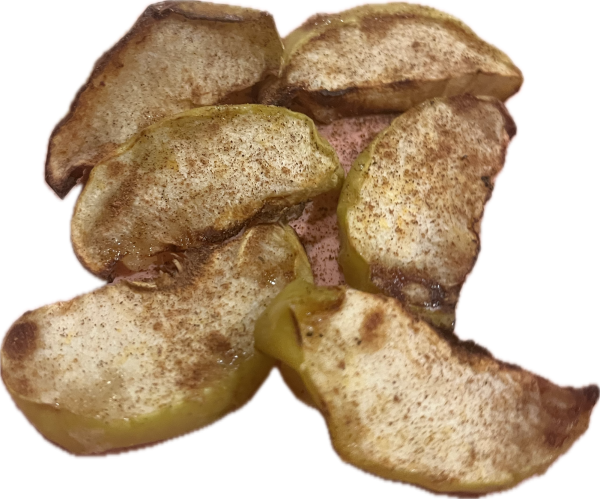Dehydration causes dangerous effects
Not drinking enough water results in health issues for students
The intense sun beat down while junior Alexis Darga passed the soccer ball to another team member, before collapsing from dehydration.
“I really didn’t drink enough water and it was really hot that year,” Darga said. “I felt fine, but I was really scared because I didn’t know what happened.”
Common dehydration causes include: vigorous exercise, especially in hot weather; intense diarrhea; vomiting; and fever or excessive sweating, according to The Mayo Clinic.
The risk of dehydration also increases when it’s hot and humid out, because sweat can’t evaporate and cool as quickly as it normally does. This can lead to an increased body temperature and the need for more fluids.
Teenagers involved in sports during intense sun time should consider drinks without caffeine to hydrate, such as Vitamin Water and Gatorade, according to the National Institutes of Health.
Sports drinks are sometimes more helpful because they not only replace fluids, but electrolytes as well, according to Nurse Michelle Bradford of Saint John’s Hospital.
“Dehydration can lead to electrolytes, like sodium and potassium, getting messed up,” Bradford said. “And if you get those electrolytes are messed up it can lead to symptoms of heat stroke, which is a worse type of dehydration.”
Heat stroke is when the body is unable to control it’s temperature and is one of the most dangerous heat-related illnesses, according to the Centers for Disease Control and Prevention.
“In the time you’re feeling thirsty, you’re already dehydrated,” athletic trainer Philip Crum said.
Symptoms include: dry mouth, weakness, headaches, fatigue, dizziness, infrequent urination and dry skin, according to the Mayo Clinic.
“Having water available is the very best thing and frequently drinking it,” Bradford said. “I would say every 20 or 30 minutes or so, drink some water.”
If dehydration is not caught in time, it could lead to cramps, according to Crum. Supplements of potassium, electrolytes, and sodium can help decrease the cramps
“Ice will also help and increase the blood flow,” Crum said. “It makes you feel good too.”
Your donation will support the student journalists of Eisenhower High School. Your contribution will allow us to purchase equipment and cover our annual website hosting costs.





